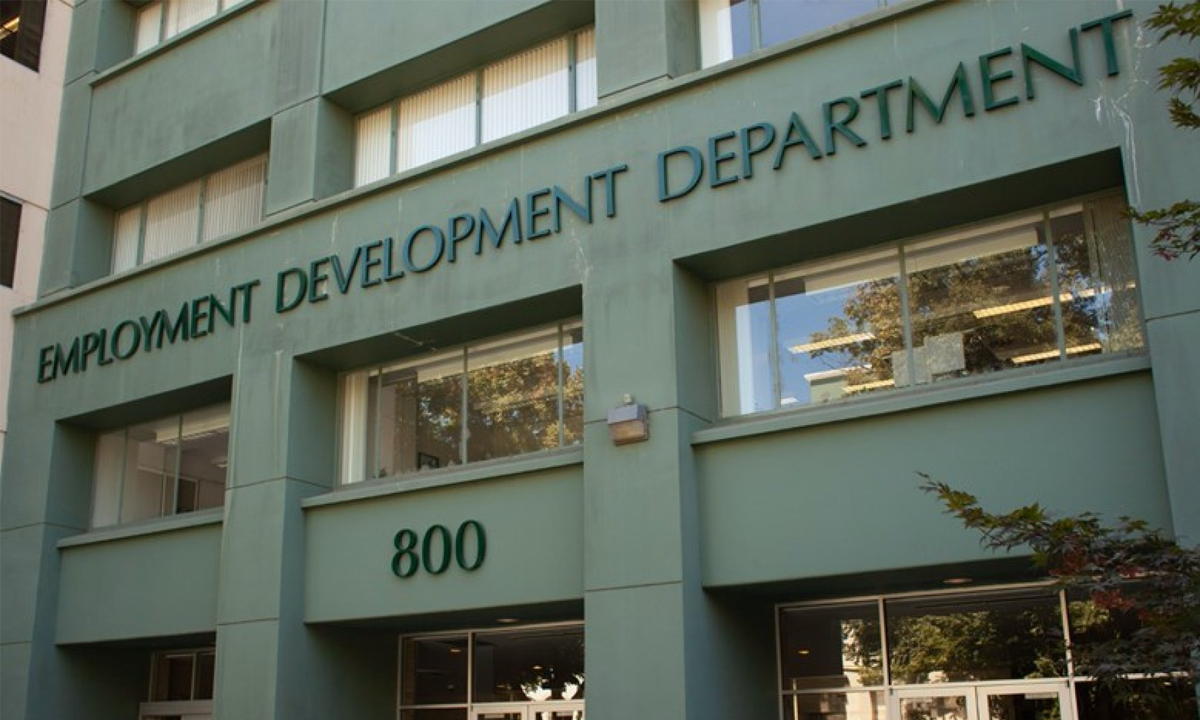Written by Justin Culetu
The California Employment Development Department is once again under fire for its mismanagement of operations during the pandemic.
Since the beginning of the new year, the EDD and their longtime debit card contractor Bank of America have been struggling to properly address a massive fraudulent claims investigation. Over 1.4 million unemployment claims were suspended by the EDD in early January, leaving many Californians who were actually unemployed financially unstable during the COVID-19 pandemic. Bank of America is also facing a federal lawsuit for failing to provide proper security to stop outsiders from obtaining access to individual’s unemployment cards.
According to a report issued by state auditor Elaine Howle, these conflicts could have been avoided if the EDD had addressed their poor planning and ineffective management from previous years.
With millions of out of work Californians left in a financial crisis and unable to access unemployment benefits, a state contract from the 2008-2009 Great Recession with Bank of America guaranteed that both the state and the bank would receive millions of dollars in merchant fees whenever unemployment debit cards were swiped. The revenue from this agreement spiked due to record unemployment during the height of the pandemic.
In the period from March to October of 2020, the EDD made $22.5 million. Bank of America on the other hand refuses to reveal how much money they made on their part of the deal, although their contract requirement orders them to report unemployment debit card fees and revenue each month.
California representatives have been trying to introduce new unemployment reform bills and hold hearings for the EDD’s mismanagement in recent weeks, but due to the inability to get basic questions answered about the handling of unemployment claims and profits, the lawmakers’ efforts have struggled along the way.
According to Bank of America and the state’s 2010 unemployment debit card contract, the EDD does not directly pay the bank for its services, but rather splits the revenue on merchant transaction fees, consumer fees, and transaction fees. The bank stated that they suspended consumer fees last spring, but did not mention anything about transaction fees. However, the bank reported that it lost hundreds of millions of dollars last year due to the rampant fraud claims requiring them to hire additional customer service representatives to respond to claimants.




